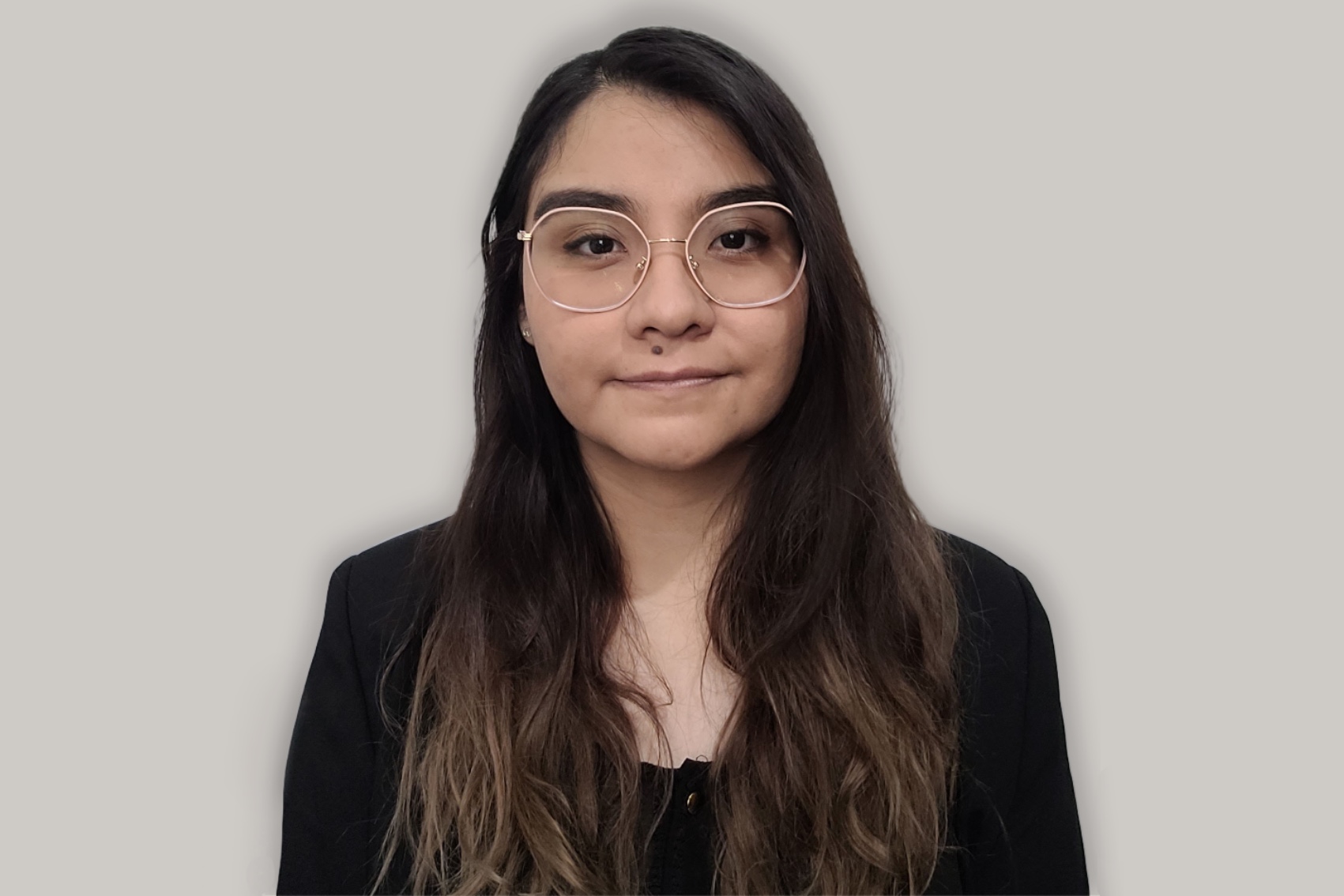Javiera Andrea Sepúlveda Carter

PhD summary
Plastic recycling plays an essential role in the transition from a linear Economy to a Circular Economy model. With almost 26 million tons of plastics generated yearly in Europe, the European Commission, in accordance with Sustainable Development Goals (SDGs), has determined that by 2030 all packaging on the EU market needs to ensure being recyclable or reusable in an economically viable way, furthermore all packaging plastics will have to be made at least in a 30% of recycled plastics. Being food packaging a fundamental plastic use, different widely used polymers such as polyethylene (PE), polypropylene (PP), and Polystyrene (PS) have residues reaching recycling plants strictly being used for non-food applications due to the inexistence of decontamination methods approved by the European Food Safety Authority (EFSA) that allows its safe use on packaging food application.
The main aims of this doctoral thesis will focus on the research of decontamination technologies of industrially mechanically recycled non-PET plastics to permit its safe use in food packaging applications, considering additives that might appear in unknown contents through the process and could potentially migrate to the foodstuff. Searching for new approaches to reduce migration issues, novel functional barriers or the development of composites will also be a case of study, intending to maintain the overall performance of the materials determined by conducting continuous characterization. The project seeks to contribute to this challenge, with the support of the wide experience and complementary teams of UPM and Ecoembes, a primordial actor in the recycling chain in Spain.
Biography
Javiera is currently a predoctoral researcher at the School of Industrial Engineers (ETSII) at UPM, focusing on food contact grade on recycled non-PET packaging materials. Chemical Civil Engineer from the University of Santiago de Chile by profession with experience in plastics packaging research. Her thesis project and posterior work on active and barrier compostable bio food packaging led to the publication of two papers in 2020 and 2022 (DOI: 10.1016/j.supflu.2020.104844 and 10.1021/acsomega.1c04589). Javiera has worked with biomaterials in active and barrier packaging, the obtention of organic and inorganic nanoparticles, supercritical impregnation and pilot-scale extrusion processes, studying migration to food simulants issues, and material characterization. In addition, she formed part of the team in the first compostability laboratory for plastic materials and packaging in Latin America, ECOLABEN. Her concern for the applicability and knowledge of the fundamental problems in the industry redirected her to work at one of the largest supermarket retailers in Chile as a development engineer, where she managed products importation assessing logistics and storage problems, among others, and then participated in the implementation and application of the Chilean eco-labeling project through the incorporation and application of a brand-new recyclability seal, #ElijoReciclar, within the framework of the "Road Map for a Circular Chile by 2040".
